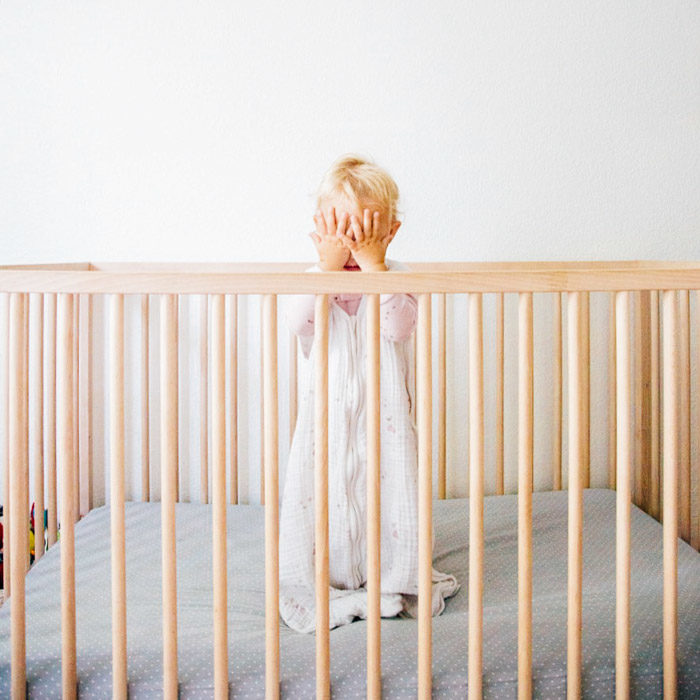
Last October, I came across a wonderful, terribly moving essay that Sophie Heawood wrote for The Guardian about being a single parent. Heawood describes “that the hardest bit isn’t having nobody to share the burden, it’s having no one to share the love.” And, with equal parts humor and humility, she talks about those moments in which she’s made aware that her situation is different, unknowable, or undesirable and how she handles them:
Living outside the nuclear narrative will create so many jarring moments with others that soon you won’t speak, only nod. You will do The Nod when the nursery sends your kid home with a Happy Father’s Day card that she’s been made to copy her name on to. You will employ The Nod when other mums say they know exactly what it’s like being a single parent because their lovely husband works abroad for up to two weeks at a time.
And the realization that so many others must do the same:
Gradually, you will realise that you, too, have made other people do The Nod all your life. That you moaned about your mum to a friend whose mum was dead, that you complained about being skint to friends who’ll never earn what you do, that you phoned in sick with hangovers when a colleague who lives with a chronic pain condition wouldn’t dream of missing work. A lifetime of selfishness will open up before you like a seam.
The entire article is really worth a read—it’s very touching—but that idea of The Nod has really stuck with me, and I’ve thought about it often since first reading it last fall.
It’s so easy to say the wrong thing, isn’t it?
So how does one speak in a meaningful way knowing the risk? If you get too hung up on the fear of how your words can harm or cause unease in another, the risk is that you’ll never get close. The risk is a sort of paralysis. The risk is not talking about the cancer, or the divorce, or the miscarriage. And isn’t that worse?
I’m not saying Heawood is advocating silence. On the contrary, her piece is a powerful reminder to be kind and mindful, to try to understand others in a compassionate way—on both sides of the conversation. It’s a powerful reminder that words matter. But I believe she’d say let’s keep talking.
Do you agree? Can you recall a time you gracefully employed The Nod? And when have you realized that you have made another do the same?
P.S. A relevant Thinking About that touches on ways we are all more or less alike: “The less-so parts are often the most visible, and make us feel most apart, the more-so parts are opaque and difficult to measure. But they’re at the root of what makes us human.”
[Quotes taken from Sophie Heawood’s column for The Guardian. Article first found via Joanna Goddard/A Cup of Jo]

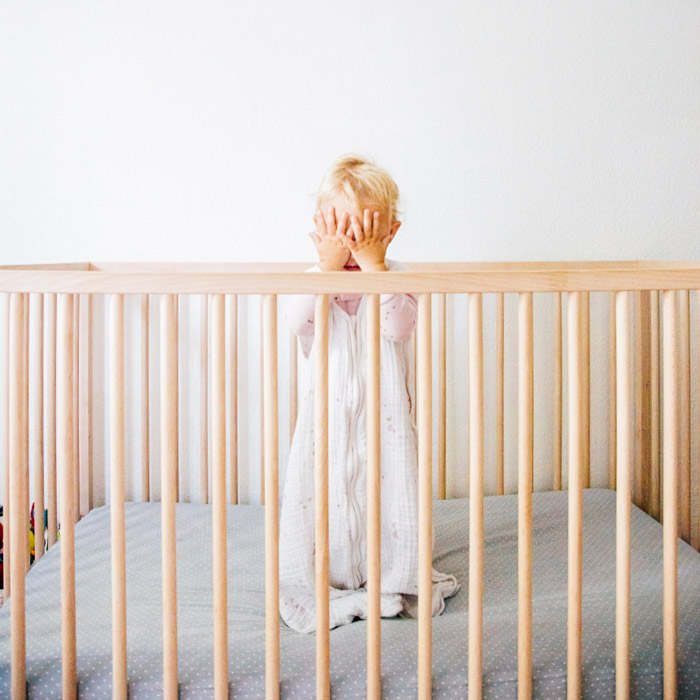

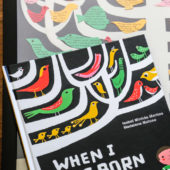


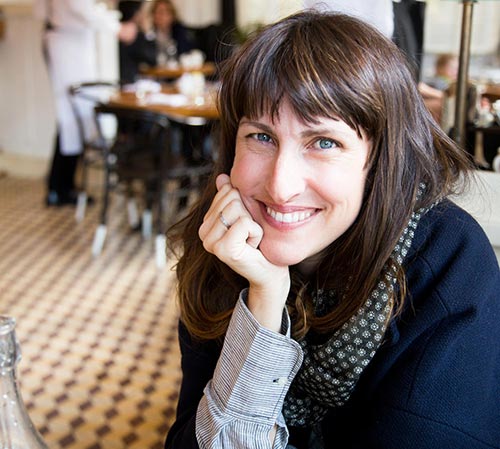




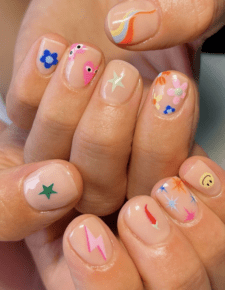



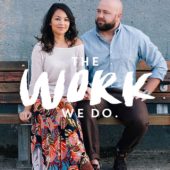





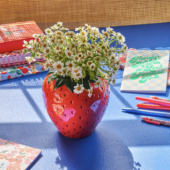





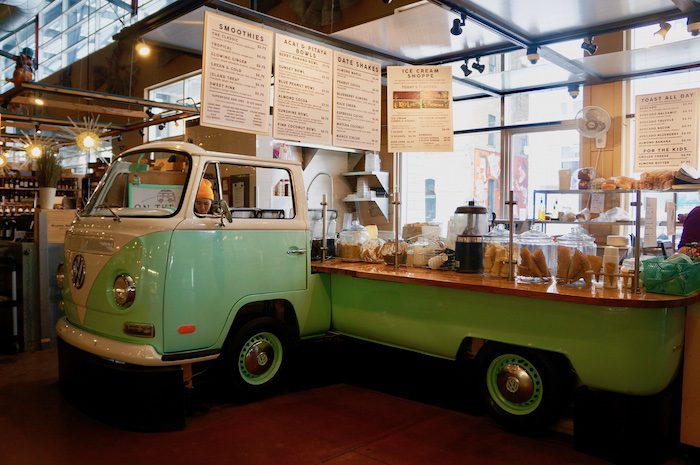

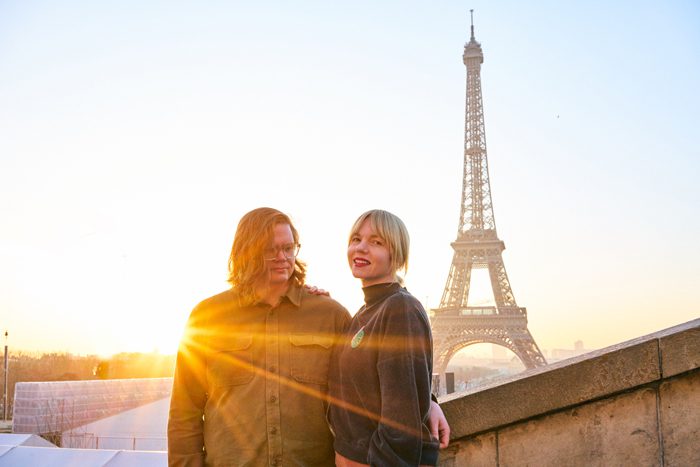
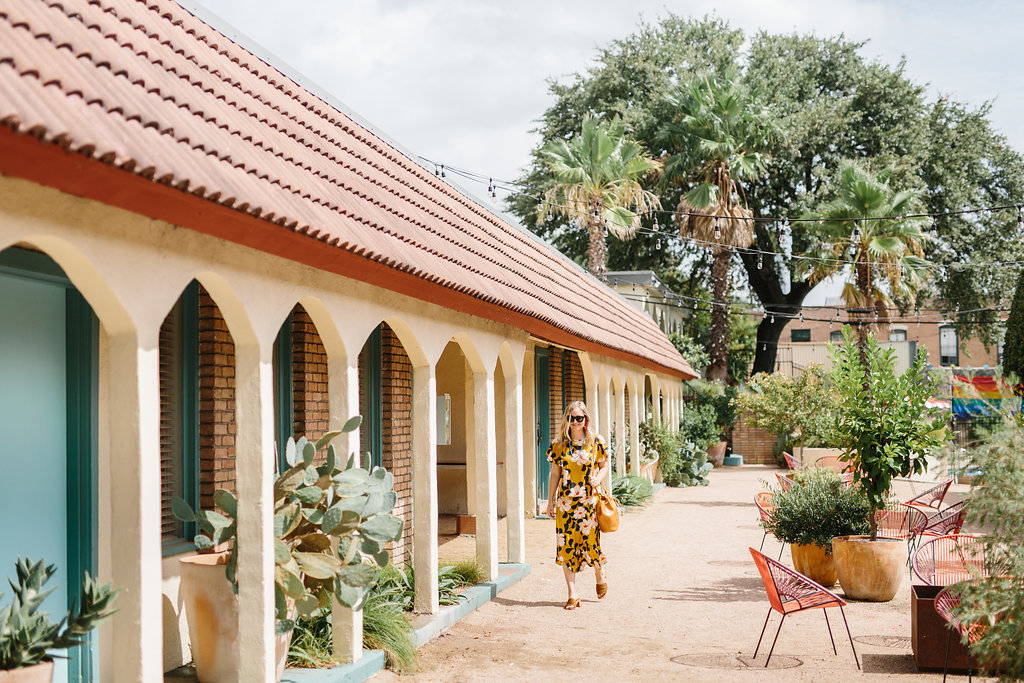






19 Comments